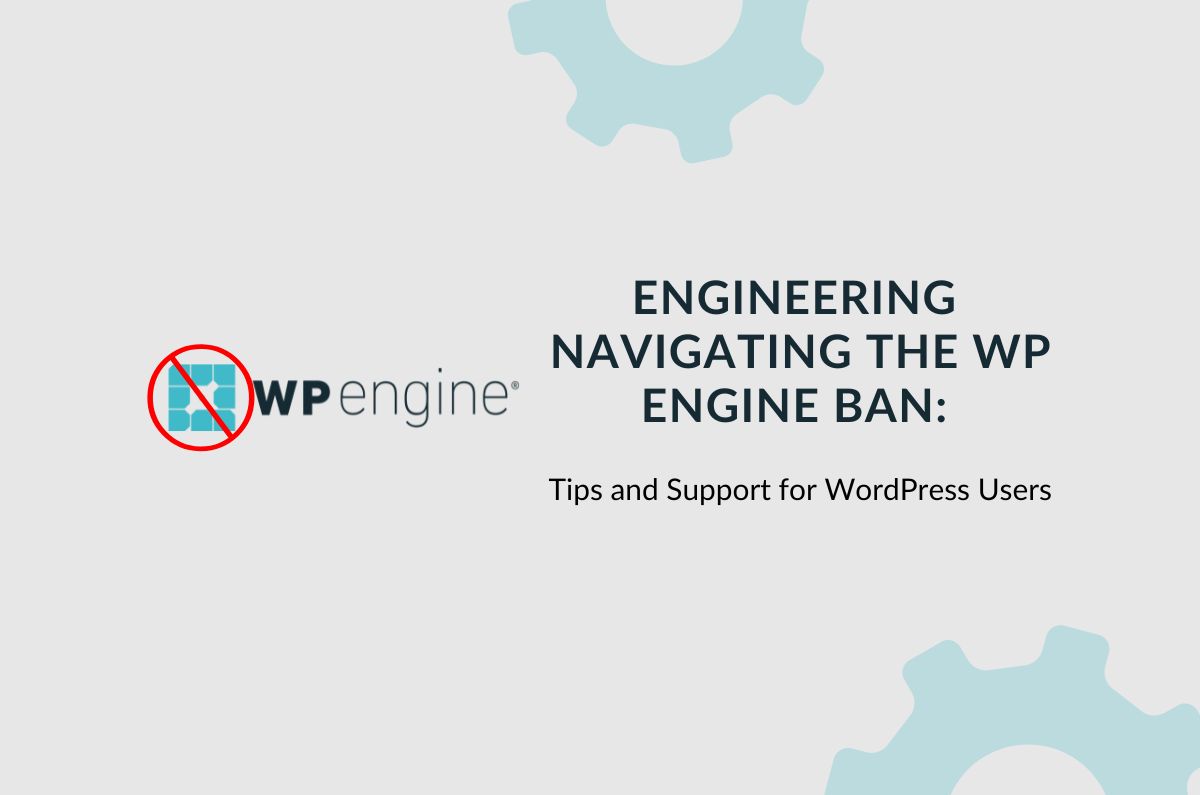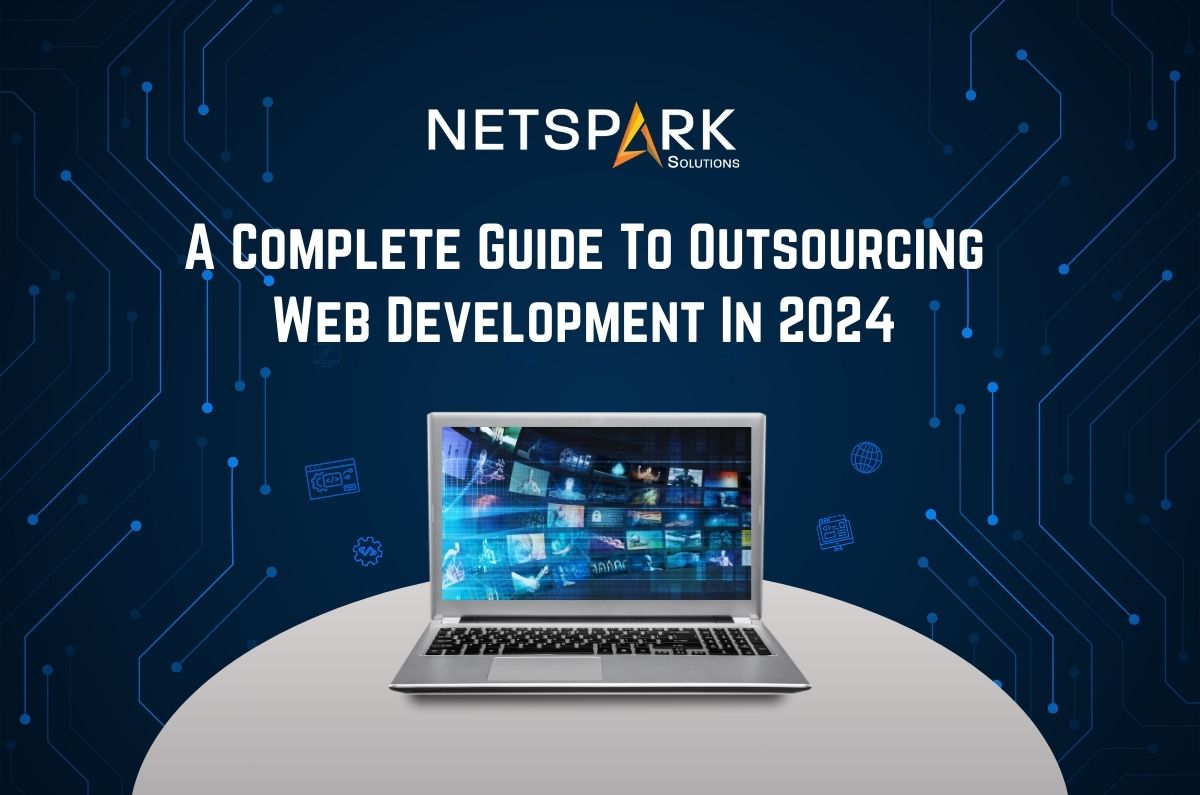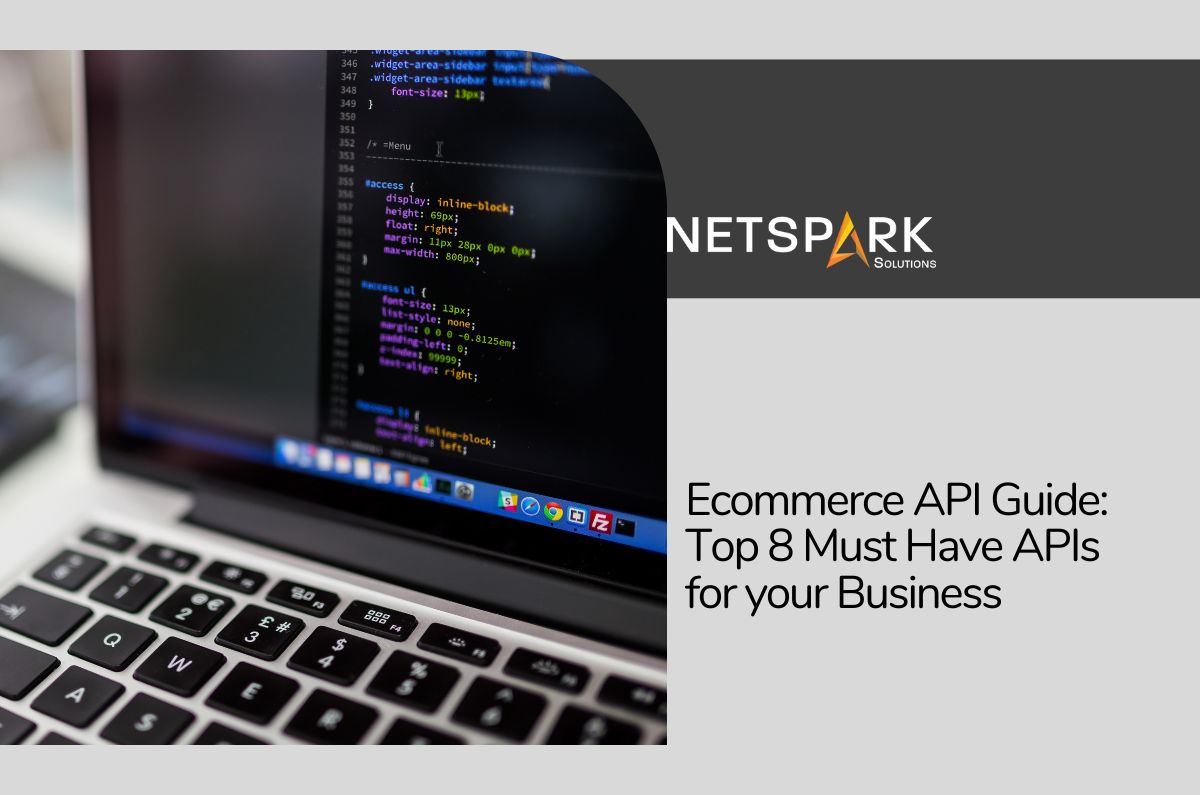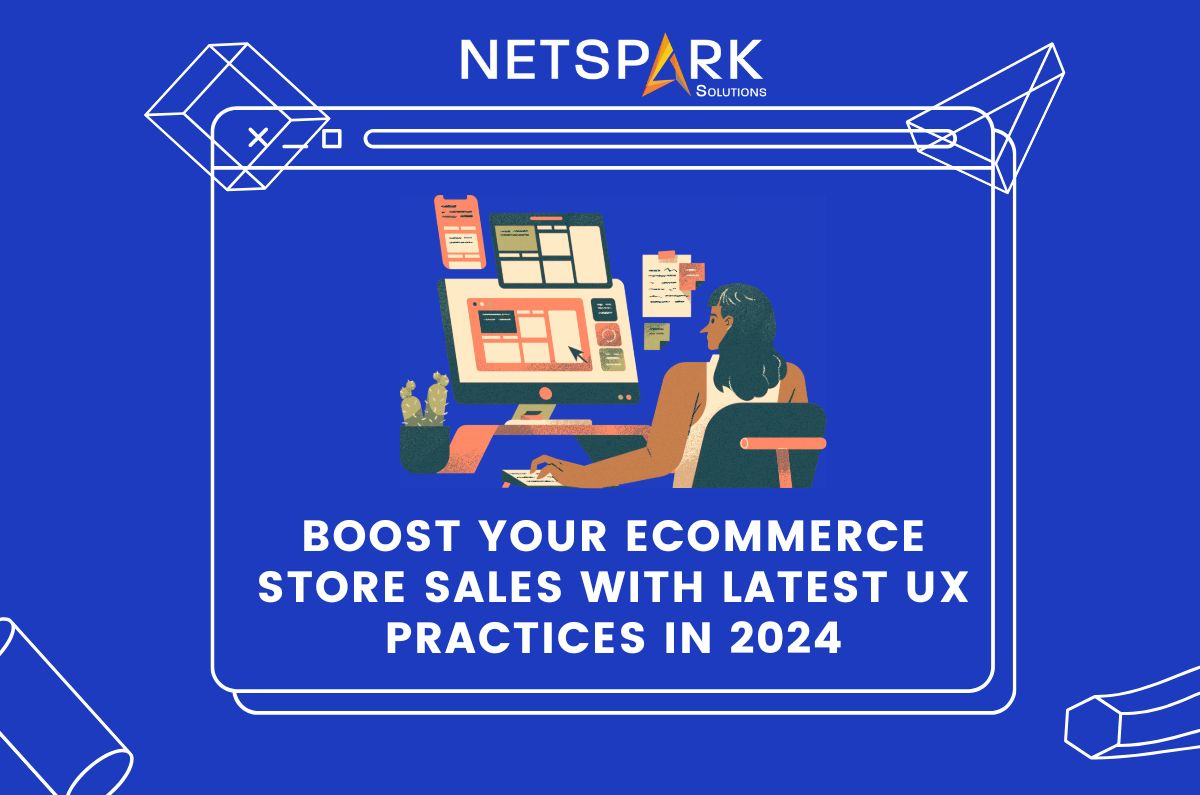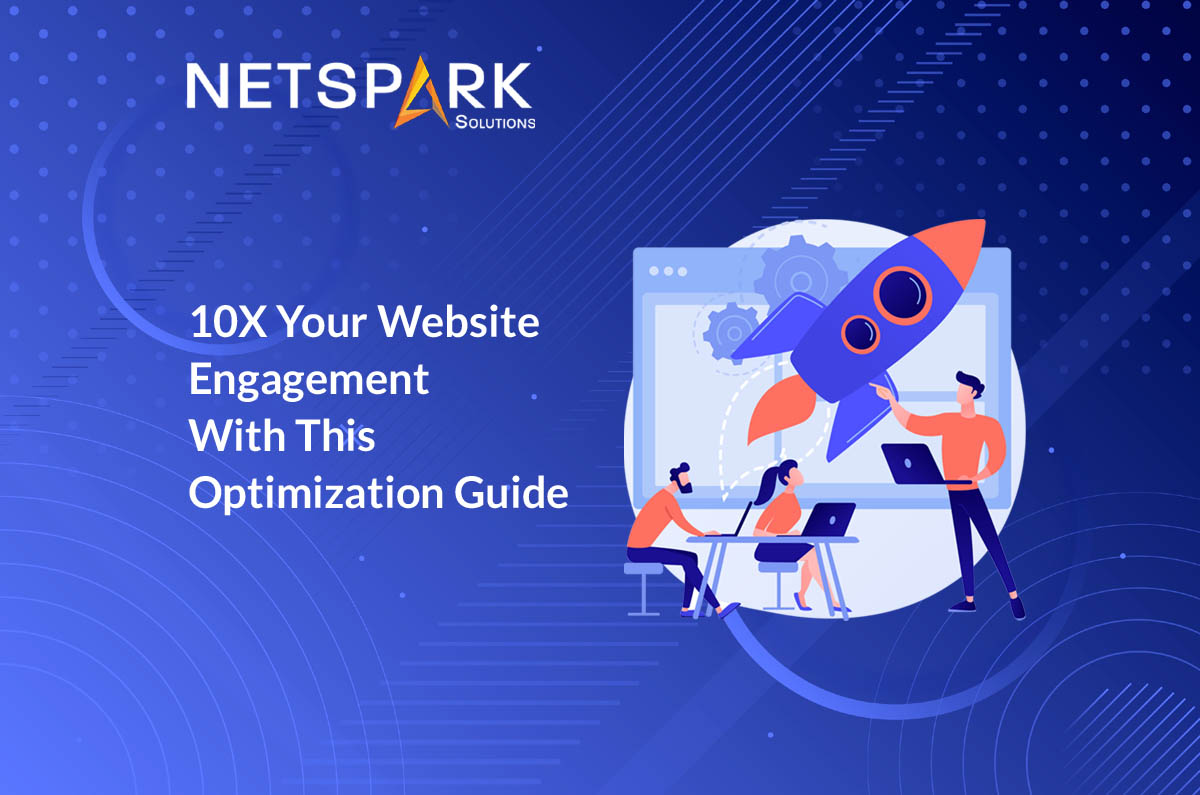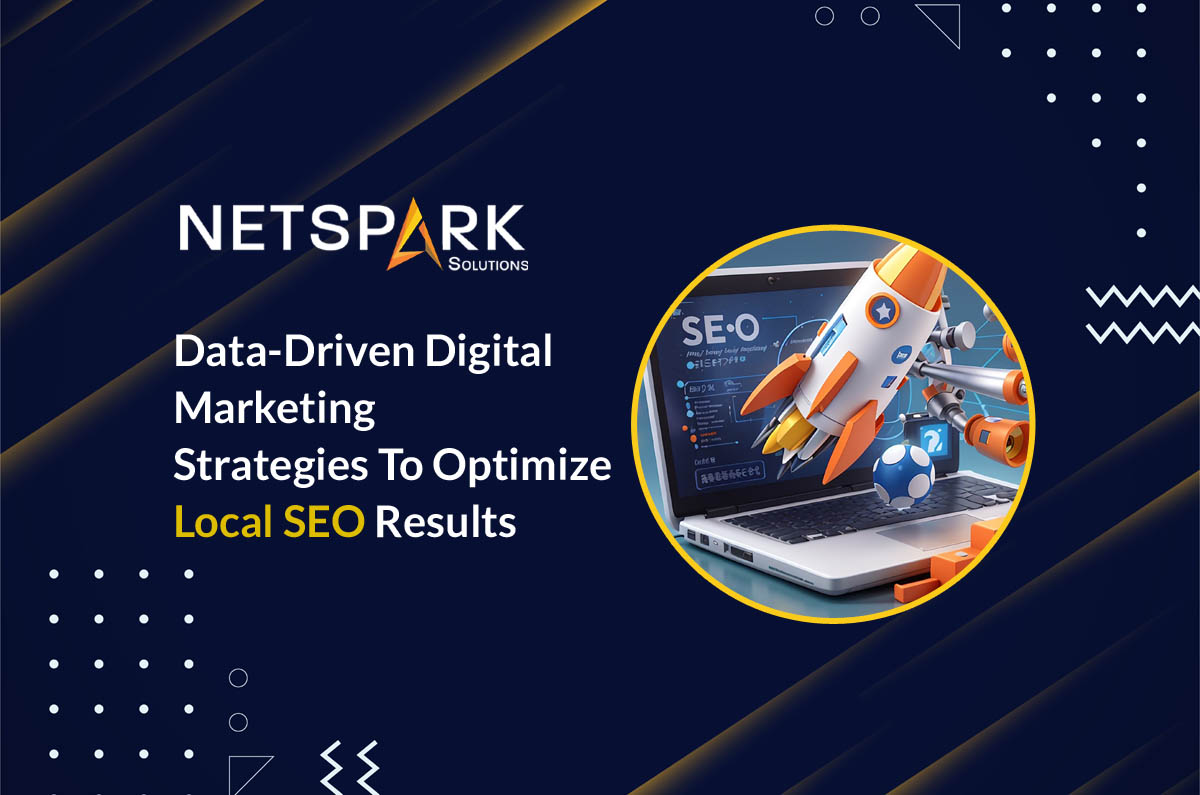Ecommerce marketing is different from conventional marketing campaigns. Instead of getting website visitors, the goal of an ecommerce business is to attract customers that convert. That’s why it’s crucial to follow marketing tactics that help your website get more conversions. However, for ecommerce startups (and even well-established businesses), it can often get challenging to devise a result-driven marketing campaign, especially when they don’t know which tactics work.
If you’re also struggling with ecommerce marketing, we’re here to help! In today’s guide, we are going to pen down some of the most effective ecommerce marketing strategies that’ll help you grow your brand and drive more sales. Whether you have just started your ecommerce brand or have been selling products for a while, these tactics will help you tackle the competition and get more targeted website visitors.
So, without any further ado, let’s dive in.
What is eCommerce Marketing?
As the name implies, ecommerce marketing is the process of using marketing techniques to drive the desired online exposure to your website. Usually, ecommerce businesses rely on online marketing as the digital world is where they want to attract customers. But, it’s worth pointing out that the ecommerce marketing tactics keep changing.
Things that used to work a few years ago may not deliver the same results in 2022. That’s why it’s important to stay up-to-date with the latest marketing tactics so that you can drive quality traffic to your online store.
Ecommerce Marketing Tactics to Increase Your Sales
1. Always Start With SEO
Like any other digital marketing campaign, SEO acts as the primary pillar of ecommerce marketing as well. Why? Because Google search results are responsible for generating 43% of overall ecommerce traffic. In simple words, if your website doesn’t appear at the top of Google SERP, you are most likely to lose potential sales from valuable customers.
With a well-optimized SEO campaign, you’ll be able to tweak your website’s elements and improve its technical aspects so that it becomes search engine friendly and starts climbing the search engine ladder. Search Engine Optimization will also enhance the customer experience and help you retain long-term shoppers.
While ecommerce SEO follows all the guidelines of a regular SEO campaign, the idea is to drive traffic that actually converts.
So, instead of optimizing your website for informational keywords, it would be better to incorporate transactional keywords into your keyword list. These types of keywords will help you attract high-quality traffic, resulting in higher sales.
Click here to read our comprehensive ecommerce SEO guide.
2. Publish High-Quality and Original Content
Many ecommerce startups undervalue the potential of content marketing and focus on paid marketing to attract sales. No doubt, paid marketing is an effective tool to get the desired exposure, but it won’t convert customers if your website doesn’t have enough valuable content.
As opposed to conventional thinking, content helps businesses build trust among their potential shoppers. By publishing high-quality informative content on your website, you can establish your brand as an authority and get ahead of the competitors.
And, by content, we don’t only mean product-related information on product pages. In addition to optimizing your product pages with informative content, you can also utilize other content formats such as infographics, tutorial videos, and blogs to leverage content marketing for your brand’s growth.
Combining all these content types will also enhance your search engine visibility as you’ll be able to optimize your website for different search queries.
3. Use YouTube and Instagram to Build a Loyal Audience
In 2022, YouTube and Instagram are the most reliable marketing tools any brand can use to gain the required online exposure. You can publish YouTube videos to showcase your products to the world and spread brand awareness for free.
For instance, if you sell smartphones and electronic gadgets on your online store, you can start a YouTube channel and create unboxing videos for all the latest gadgets. As an expert, you can share your individual opinions about the product and how it can help users in their daily life. Publishing YouTube videos will allow you to build a strong customer base that you can easily redirect to your online shop to drive better sales.
In addition to YouTube, Instagram is also a great platform to spread brand awareness. According to a survey, Instagram Reels encounter 22% higher engagement than long-form videos. It means by posting regular Reels on your brand’s Instagram account, you’ll be able to engage customers more effectively.
4. Leverage Influencer Marketing
In the recent few years, influencer marketing has become one of the preferred marketing tools for small businesses and even large-scale ecommerce stores. For readers who don’t know, influencer marketing is a marketing tactic in which brands collaborate with non-celebrity influencers who have a large social media following.
The reason why influencer marketing is such an effective tool is the valuable customers you can acquire through it. Influencers usually have a strong following and can manipulate the shopping decisions of their followers. By collaborating with such influencers, you can easily make your products reach the target customers and encourage them to make the purchase.
Now, with influencer marketing, your goal should be to collaborate with influencers whose followers are the same as your target audience. If you have the required budget, you can also partner with multiple influencers to acquire customers from different sources. In any case, however, it would be crucial to identify the most suitable influencers that could cater to your brand growth.
5. Email Marketing
Email marketing is another effective ecommerce marketing strategy that works like a charm. Even after all these years, email marketing can deliver the same results and help brands keep their valuable customers engaged while attracting new clients at the same time.
However, you have to be extra careful with your email marketing campaigns as poorly optimized email outreaches can sometimes backfire as well. With email marketing, personalization is key. You would want to craft your email’s content in such a way that it provides value to the customers.
It’s also crucial to check the analytics of your email marketing campaigns as it’ll help you filter the outreach list and make it more efficient. Checking the analytics will also give you an idea about whether your outreach ideas are working or not.
There are dozens of third-party tools you can use to devise and manage your email marketing campaigns. These tools also provide detailed analytics about the performance of each campaign so that you can calculate the ROI easily.
6. Optimize Your Ecommerce Store for Mobile Users
As of 2022, mobile users are dominating the digital landscape. Nearly 54.4% of overall Internet traffic is generated from mobile and 64% of ecommerce sales come from smartphones. Due to this increase in mobile traffic, even Google has started to consider mobile-friendliness as one of its major ranking signals.
It means if you want to grow your ecommerce business and drive the desired revenue, it’ll be crucial to optimize your online store for mobile users. To do this, you can start by choosing a responsive theme for your store.
Almost every ecommerce platform including Shopify, Magento, and BigCommerce provides a variety of responsive themes. Retailers can buy these themes and install them to make their websites mobile-friendly.
7. Invest in Paid Marketing (Google Ads)
Paid marketing has always remained a reliable marketing tool for ecommerce entrepreneurs. By running Google ads, you can attract traffic from Google search results, even if your website’s SEO iis not up to the mark. However, the best way to relish the benefits of Google ads, it’s always a good decision to combine it with other marketing tactics such as SEO and social media marketing.
Moreover, if you don’t have prior experience in running Google ads, make sure to partner with expert PPC managers who’ll design and optimize your PPC campaigns so that you can get the best ROI from your paid ads.
8. Use Affiliate Marketing
Finally, affiliate marketing is another effective ecommerce marketing strategy you can use to get more sales. If you’re not familiar with affiliate marketing, here’s what you need to know.
Basically, retailers join hands with affiliates and pay them a commission every time they sell your products. Affiliate marketing is somewhat like influencer marketing, but instead of paying people to promote your products, you’ll have to pay them a commission for the sales they bring in.
Conclusion
So, that concludes our detailed guide on different ecommerce marketing strategies you can try to accelerate your brand growth and get better sales. These tactics work both for startups as well as well-established ecommerce ventures. So, you can implement them to get the desired sales, regardless of the size of your ecommerce brand.
However, if you are not a marketing expert, you can also partner with dedicated digital marketing agencies or SEO experts to optimize your online presence and unlock better sales opportunities. At NetSpark Solutions, we offer extensive marketing services for ecommerce businesses. Share your business requirements with our team and we’ll help you build a full-fledged marketing campaign to achieve the desired exposure and sales.



